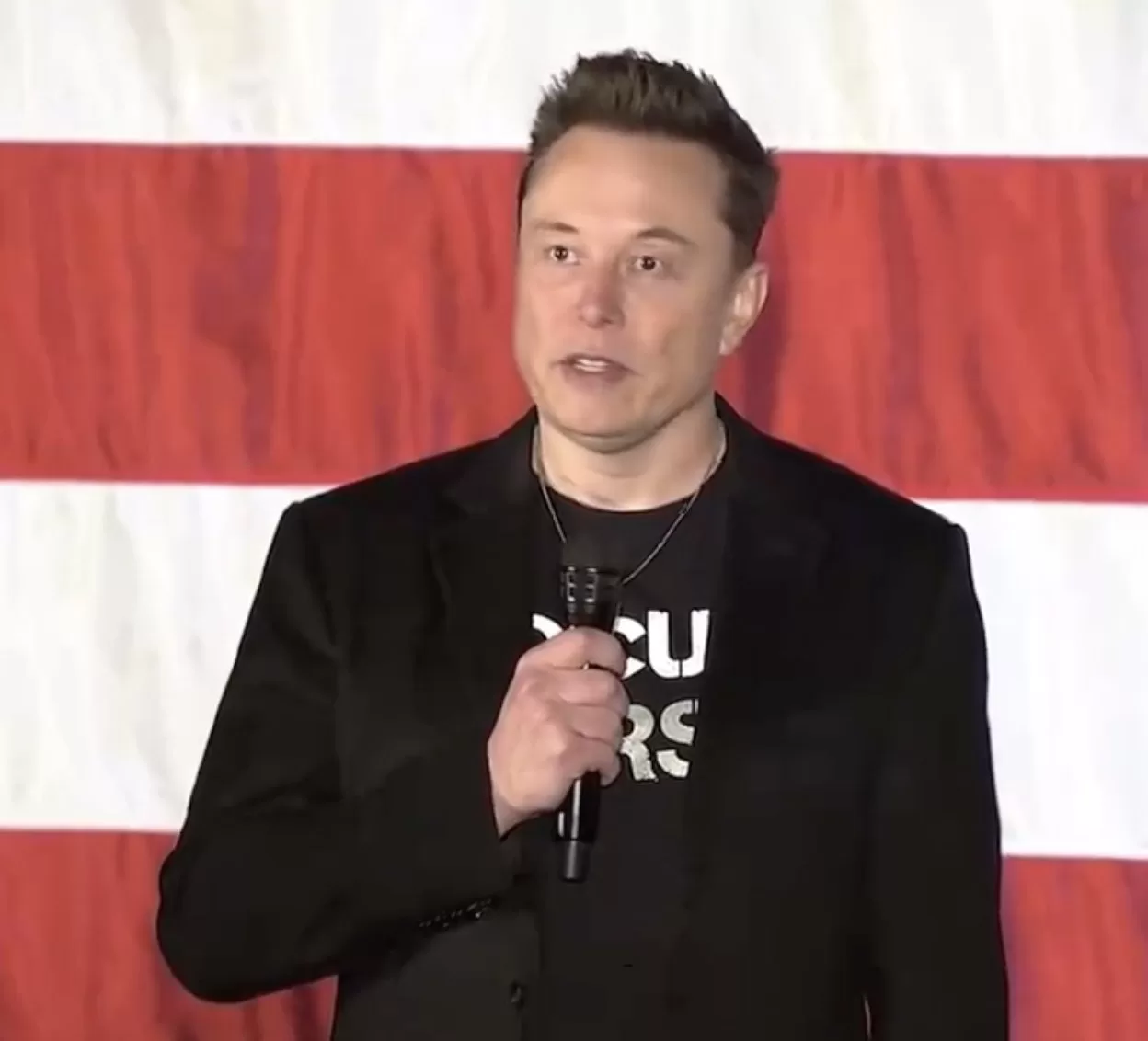In recent developments, Elon Musk has reportedly expressed an unconventional stance on government functionality. Sources suggest that Musk, the billionaire entrepreneur known for reshaping industries, sees a potential government shutdown as an opportunity to address inefficiencies in federal operations by eliminating hundreds of thousands of federal jobs. This perspective has sparked a whirlwind of debate, dividing opinions across political and social landscapes.
At the heart of Musk’s approach lies a vision of streamlining government processes, aiming to cut down on what he perceives as excessive bureaucracy. Musk’s innovative mindset, often celebrated in the realms of space exploration and electric vehicles, now extends to his proposal for a leaner, more efficient federal workforce. However, this radical idea is far from universally accepted.
A government shutdown, which involves the temporary cessation of funding for various federal agencies, can significantly impact millions of lives. Nearly a million federal employees categorized as “nonessential” could face furloughs, creating ripples across families, businesses, and communities dependent on these workers. From delayed processing of important documents to disruption in essential services, the consequences are vast and far-reaching.
While Musk’s ambition to reduce federal jobs aligns with his broader vision of efficiency, critics argue that such a drastic measure must go through Congress and account for the potential chaos it might cause. Several lawmakers, including prominent Republican senators, have expressed apprehension about the scope of his proposal. They highlight that essential services and vital groups, such as veterans and farmers, could bear the brunt of these actions.
On the other hand, some supporters believe Musk’s boldness is exactly what government reform requires. They see his approach as a necessary disruption to a system plagued by inefficiency. Proponents argue that reducing the federal workforce could lead to cost savings and encourage the government to adopt private-sector-style agility.
The economic implications of such a move are another significant aspect of this discourse. While it may reduce government spending, the potential increase in unemployment and its cascading effects on the economy remain valid concerns. Moreover, federal jobs often provide stability for the middle class, and a large-scale reduction could have adverse socioeconomic impacts.
Musk’s stance also opens a broader conversation about the role of technology in improving government efficiency. Could automation and innovative solutions from the tech world replace traditional bureaucratic functions? Musk, known for his futuristic outlook, might envision a federal system powered by AI and streamlined digital platforms.
Comparing the U.S. government to other nations’ efforts at reform adds another layer to the discussion. Some countries have successfully revamped their bureaucratic systems, while others faced setbacks. These examples offer valuable insights into the challenges and opportunities Musk’s proposal could encounter.
Critics, however, caution that Musk’s approach may oversimplify the complexities of governance. Beyond just efficiency, the government must ensure equity, accountability, and accessibility in its services. Balancing these priorities requires more than a reductionist approach to workforce optimization.
Public opinion on this matter is equally divided. Many Americans value a government that operates efficiently but remain wary of drastic changes that could undermine stability. Social media platforms have been buzzing with discussions, reflecting the range of emotions Musk’s statement has elicited.
As the debate unfolds, the question remains: Can Musk, the disruptor of industries, translate his innovative mindset into actionable solutions for the federal government? Or will his proposal remain a polarizing vision, unable to bridge the gap between ambition and practicality?
In conclusion, Musk’s stance on government reform challenges traditional perceptions of efficiency and calls for a reevaluation of federal operations. While his ideas provoke thought and spark debate, implementing such reforms requires careful consideration, collaboration, and respect for the complexities of governance. Whether Musk’s vision becomes a blueprint for change or a cautionary tale, it undeniably leaves an impact on the ongoing discourse about government efficiency.


4 responses to “Elon Musk’s Vision for Government Efficiency: Bold Reform or Risky Gamble?”
Your enthusiasm is truly infectious, instilling no choice but to feel excited about the captivating topics you discuss.
Thank you so much for such a wonderful compliment! It’s incredibly uplifting to hear that our enthusiasm has that kind of impact. It motivates us even more to share engaging and exciting topics. I truly appreciate your support!
Your blog is often full of useful information on a variety of subjects. Thanks for all that you do.
Thank you so much for your kind feedback! We’re really glad to hear that you find our blog helpful and informative across different topics. Your support and appreciation mean the world to us—it keeps us motivated to continue sharing valuable content. Let me know if there’s anything specific you’d like us to cover!